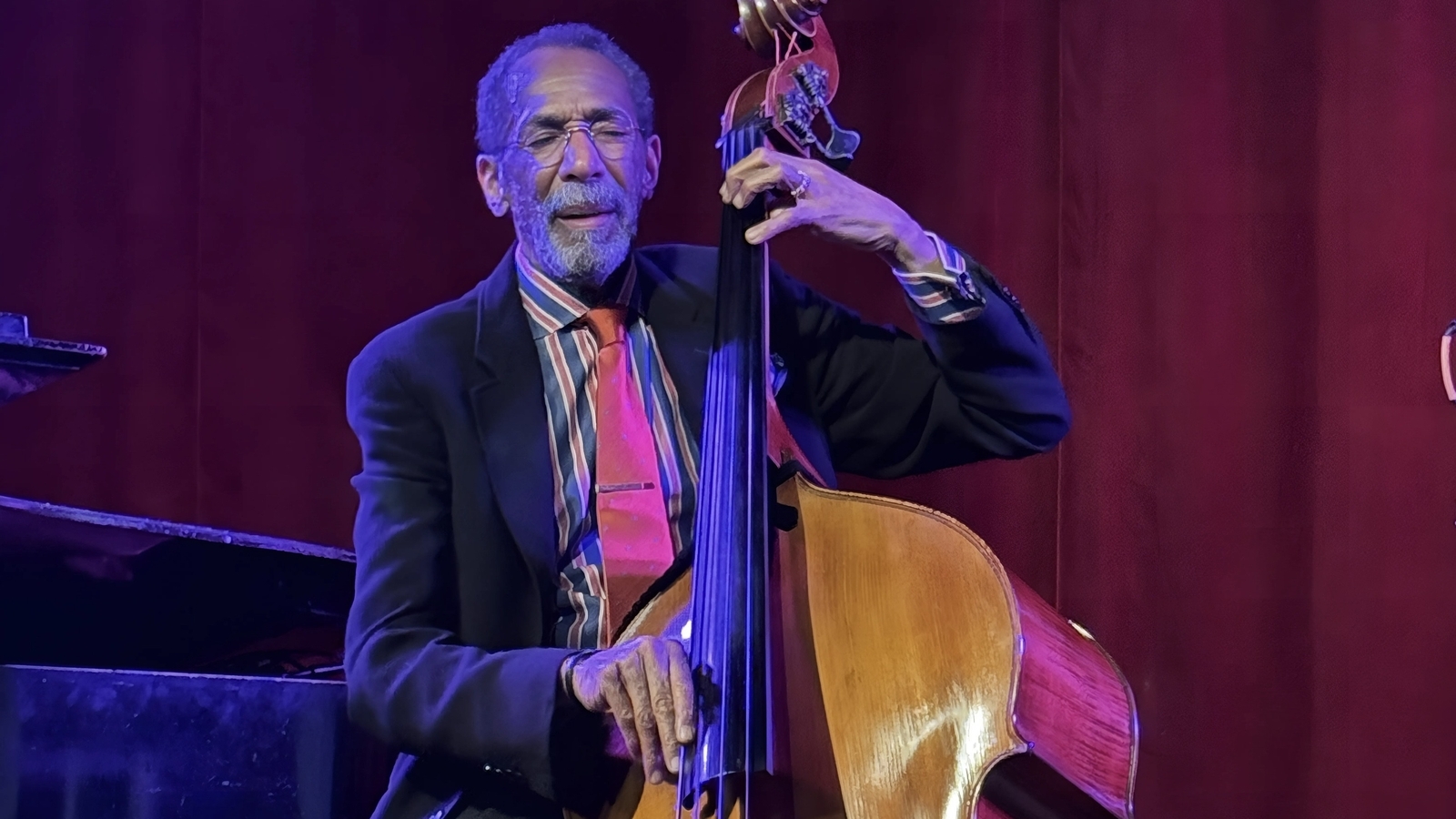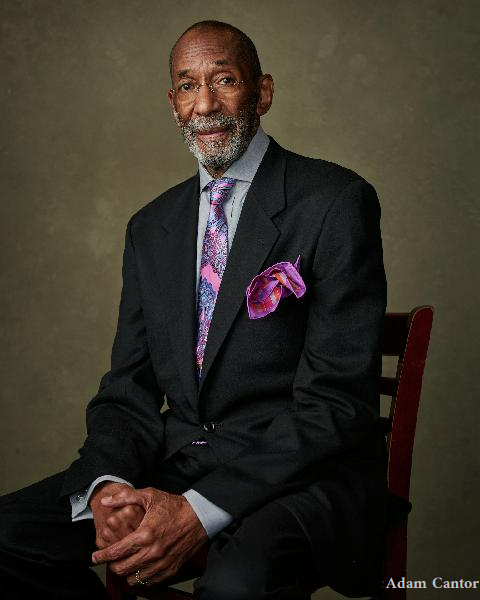Ronald L. Carter


Ronald L. Carter
Maestro Ron Carter, revered as one of the most influential jazz bassists of all time, is celebrated for his profound contributions to the world of music. As a distinguished professor emeritus at the Manhattan School of Music, Carter’s career spans over six decades, during which he has left an indelible mark on the jazz genre.
Born in 1937 in Ferndale, Michigan, Carter’s early affinity for music was nurtured by a supportive family environment. At the age of ten, his mother encouraged him and his siblings to learn to play an instrument at the school’s new music program; Carter selected the cello. Realizing the limited opportunities for Black cellists in classical music during his time, Carter switched to the double bass, a decision that would pave the way for his illustrious career. He earned a bachelor’s degree in music from the Eastman School of Music, where he shifted from classical to jazz when he, Pee Wee Ellis and other friends put together a house band to play at the Pythodd Room, a club on Clarissa Street in segregated Rochester. Carter further honed his craft at the Manhattan School of Music, earning a master’s degree in double bass performance, under the guidance of some of the era’s most esteemed instructors.
“Always listen to the bass.”
Carter’s early career milestones include his pivotal role in the Miles Davis Quintet during the 1960s, where his innovative playing style helped redefine jazz music. As part of this legendary group, he contributed to several iconic recordings, including E.S.P., Miles Smiles, and Nefertiti. His versatility set new standards for jazz bassists and expanded the role of the bass in modern jazz ensembles. Carter recalls that he instructed Miles Davis not to talk to him during a song so he could concentrate on the music—during the next four years, Davis never spoke to him while playing. Carter believes that his performances “involve the collective body of people who make the engagement work. The engineering, the bass tech, [his] last teacher, and the Creator.”
Throughout his career, Carter has played on over 2,500 albums, making him one of the most recorded bassists in jazz history. His collaborations span a diverse array of artists, from Herbie Hancock and Wayne Shorter to Antonio Carlos Jobim and Wes Montgomery. Carter’s influence is not confined to performance alone; he has composed and arranged numerous works, contributing to the growth and evolution of jazz music. Branching outside the genre of Jazz, he recorded with Billy Joel and Aretha Franklin and accompanied Danny Simmons on a spoken word album.
Carter’s contributions to music have been recognized with numerous awards and honors, including multiple Grammy Awards. He has received four honorary doctorates and was the 2002 recipient of the prestigious Hutchinson Award from the Eastman School at the University of Rochester. Carter was honored by the French Minister of Culture with France’s premier cultural award, the medallion and title of Commander of the Order of Arts and Letters. In 2012, he received the prestigious National Endowment for the Arts Jazz Masters Award, a testament to his enduring impact on the jazz community. Carter continues to perform (including at Yale with the Ron Carter Trio in 2012), record, and inspire new generations of musicians. Beyond his professional achievements, Carter is dedicated to his family and an advocate for education in the arts.